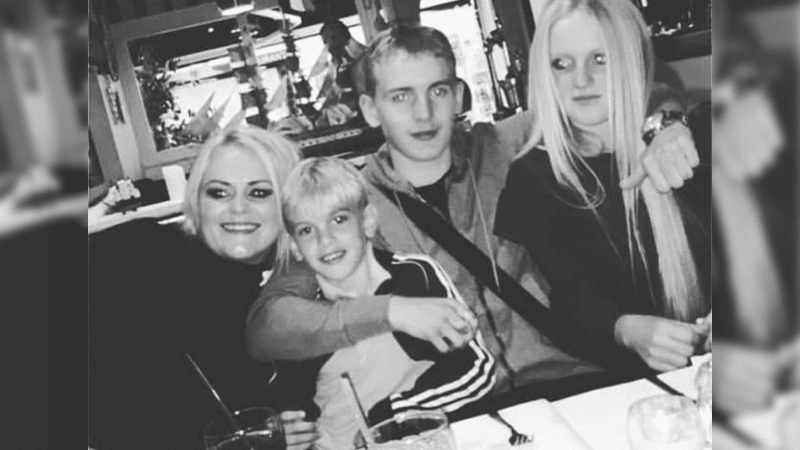Archie Battersbee

The Christian Institute has not been involved in the tragic case of Archie Battersbee. We can only reflect on what is in the court judgments, media coverage and other comment in the public domain.
Archie was found unconscious and not breathing by his mother on 7 April 2022. He was rushed to hospital, where he received further medical attention, but never regained consciousness. After a legal battle, in which Archie’s family were supported by the Christian Legal Centre, his life support was removed on 6 August.
First and foremost, we extend our sympathy to Archie’s family. They have been through a harrowing ordeal, and we pray that they will know God to be the Father of compassion and God of all comfort.
The case was highly complex. There were numerous court hearings over several months, and reams of medical evidence. One thing was clear: trust between the family and key medical staff sadly broke down.
Brain stem death
The first phase of court proceedings was around whether or not Archie was dead. The definition of death normally used in such cases is ‘brain stem death’. Some, including some Christians, reject this definition. There is an established process for diagnosing it, with a specific test including a series of different assessments. In this case, Archie’s condition meant the test could not be carried out.
Wrongly, the hospital still asked the High Court to decide, without this standard test, that Archie was dead (‘on the balance of probabilities’). Wrongly, the court did so. But this was, thankfully, overturned by the Court of Appeal.
A judge is in no position to diagnose brain death when medical professionals have been either unable or unwilling to do so. This would have been a dangerous extension of the definition of death, and we can all be thankful that it was stopped.
‘Best interests’
Once the official medical and legal position was that Archie was alive, the case became about what was in his ‘best interests’. Sadly, we have seen in case after case that this invariably leads to the conclusion that the person’s best interests are served by them dying.
It was accepted by all concerned that Archie was going to die. The only question was whether that was going to be very soon as a result of his life support being removed, or within a few weeks as his organs inevitably stopped working and he died despite the life support. The hospital trust argued for removing life support, whereas the family wanted to wait. The court decided that removing ventilation was in Archie’s best interests.
The key argument was that it was more dignified for him to die at a planned, controlled time, with his loved ones around him, rather than at a less predictable time in the subsequent weeks. This line of argument, heard in many previous cases as well, has worrying implications for assisted suicide and euthanasia.
Hospice care
After the courts decided that life support should be removed, the family wanted to transfer Archie to a hospice for that step. The hospital objected, citing Archie’s ‘best interests’, leading to another round of court hearings. Doctors said there were ‘major and unpredictable’ risks, including that he would die on the way to the hospice. The family were aware of the risks of the transfer, and were prepared to take them in preference to Archie remaining in the hospital.
As usually happens in these cases, the court once more deferred to the medical opinion on Archie’s best interests, rather than the views of those who knew him best. We believe this decision – which was not a medical one – should have been left to the parents.
